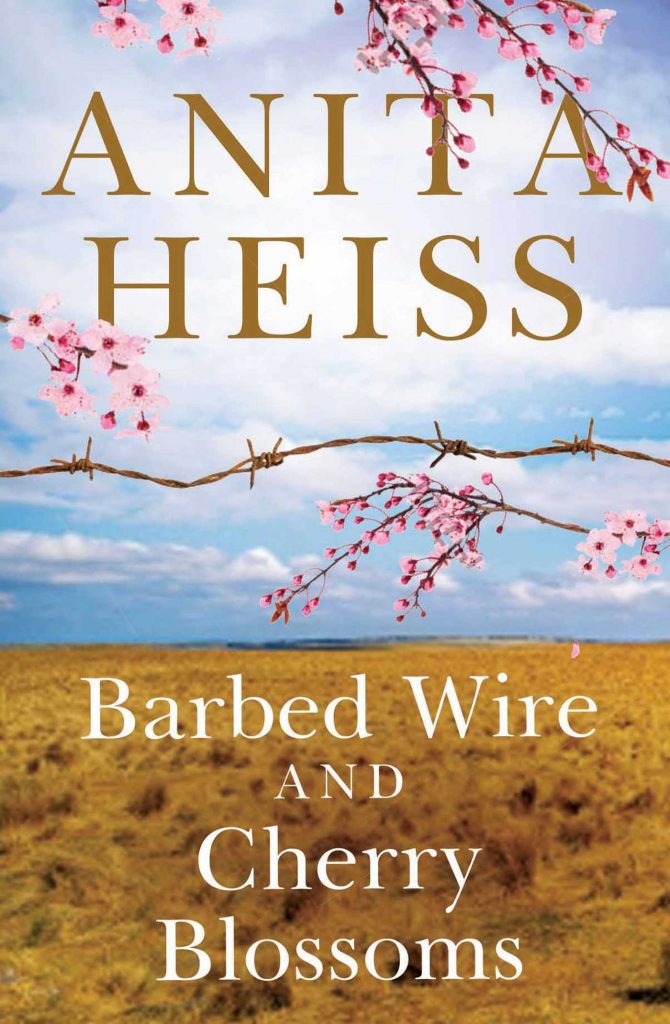Barbed Wire and Cherry Blossoms
The small Australian town of Cowra, New South Wales, was the location for a major World War II prisoner-of-war camp. In August 1944, over 1,100 Japanese prisoners broke out. Most were soon recaptured, some killed, while several others committed ritual suicide.
This incident is the trigger for the story of Hiroshi, an escapee who wants to live rather than kill himself as Japanese honour demands, and Mary, a young Wiradjuri woman from Erambie, the local Aboriginal mission. Mary’s father, Banjo, discovers Hiroshi, and rather than turn him in to the authorities allows him to hide out in an air-raid shelter and arranges for Mary to take him food. Mary knows little of the world apart from her life at the mission and is fascinated by Hiroshi’s tales of Japan, and in turn he is captivated by this dark girl who lives in Australia, yet because of unjust laws and discrimination has to live much like a prisoner in her own country.
Although historically no Japanese escapee was left unaccounted for after the breakout, this fictional “what-if” is not only an unusual love story, it also explores war from differing perspectives. Hiroshi is contemptuous of his fellow Italian prisoners, who have no sense of shame at being held captive yet, being Europeans and therefore considered “white” – unlike the “yellow” Japanese – are allowed to move comparatively freely within the local community. But all the prisoners are better fed than the Aborigines who are trapped in the conundrum. Some are furious with Banjo and say he should not be protecting their country’s enemy, while he argues they are still fighting their own war and have no allegiance to the Australian Government’s rigid racial policies and stringent control over their lives. An insightful novel containing much to reflect upon.










